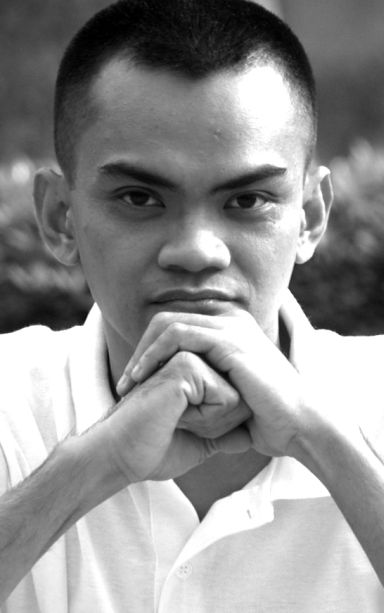
PAREDES
My hometown Surigao City gave President Rodrigo Duterte an overwhelming vote during the last elections. When I came here to vote last year, I noticed how supporters of the Liberal Party seemed to tend to hide any signs of their political inclination when left alone with the multitude of diehard Surigaonon Dutertards.
Lining up at our precinct during election day, for example, we witnessed how almost everyone in the queue loudly proclaimed their support for the controversial mayor, who they said would rid our city of criminality as he did in Davao.
One of them even bragged about how they scared away a tagalog-speaking Yellowtard the night before during an argument with tricycle drivers, threatening the dayo to maul him if he wouldn’t shut up and telling him to go back to Luzon and never mess again with the people of Mindanao who love the good mayor.
That was my personal encounter with my kababayan’s almost fanatical support for Duterte. They were driven by high expectations of the mayor’s promise of change. I left my hometown with a sense of sadness over the growing intolerance for dissenting opinion, which was often dealt with bullying and violence by those who claim to represent the majority who wanted abrupt change.
Today as I write this, I am back for a short vacation in time for the Holy Week. I am surprised at how people in our small city don’t seem to want to talk openly about politics anymore, particularly Duterte and the local Tokhang campaign, which has become bloody. Unlike before, one notices fewer display of support.
Gone are the huge DU30 tarpaulins hung on the façade of homes and buildings. Fewer vehicles flaunt DU30 stickers and even less are seen wearing Digong’s campaign collaterals, like those red and blue ballers and t-shirts that used to be ubiquitous. Of course, one could say that it’s been almost a year now since the last elections. Still, it shows how much the DU30 euphoria has died down here in my hometown.
The mood instead is one of quiet anxiety. These days, the shops close much earlier than before as people are afraid to go out or be caught still in the streets late at night. This came after a spate of killings since Oplan Tokhang began here. The most recent of the assassinations targeted lawyers, including the judge that officiated our civil wedding here.
Their deaths and rumors of more lawyers in the death list prompted members of the local chapter of the Integrated Bar of the Philippines to hold an indignation rally. But these killings took place around the time when Surigao was hit by a strong earthquake and they were not given as much air time on national TV.
The killings continued and, as the usual casualties come from poor communities, there was only silence. It is as if the only time there was public outrage here was when lawyers were killed. But when the victims were poor, there was only indifference from the public.
Just two days before we arrived here, two workers building the house across my brother’s house were shot dead by assassins riding in tandem. The shooting was done at night just a few meters away from my brother’s house. In fact, my brother was driving with his family on their way home, getting near when they heard the shots and saw people running away. They had to detour to avoid beaming lights on the criminals at the crime scene. They were so lucky to miss the shooting in just a few seconds.
That’s my brother’s close encounter with Tokhang, now renamed Oplan Double Barrel. Today, he is afraid to go out at night, like most people in Surigao. You could be caught in the crossfire or be mistaken for a target of the killing.
On the other hand, his neighborhood is much quieter now. No more annoying late night karaoke. No more tambays drinking openly at the streets. The son of my parents’ neighbors was caught twice, now with his wife, who helped him peddle drugs mainly in our neighborhood. They were lucky to end up just in jail for the second time, thanks perhaps to his cousin who is a local policeman. But his parents are afraid that the young couple will not be spared of the killings next time.
Such is the mood here. Everyone’s afraid to be in the wrong place and time in the next spate of killings. But this is also what those people at the queue at the precinct during election day wanted. They wanted our small city to be “cleansed” of criminality like Davao. Yet, I wonder how it feels when the dreaded Death Squad comes closer to home, or worse, knock on your door.

